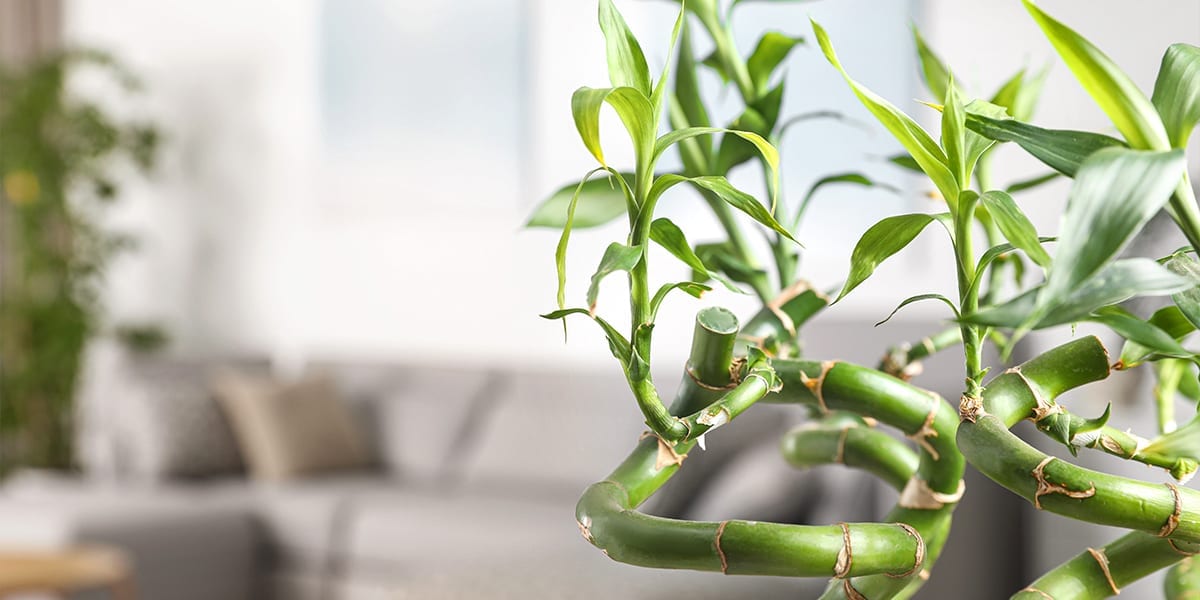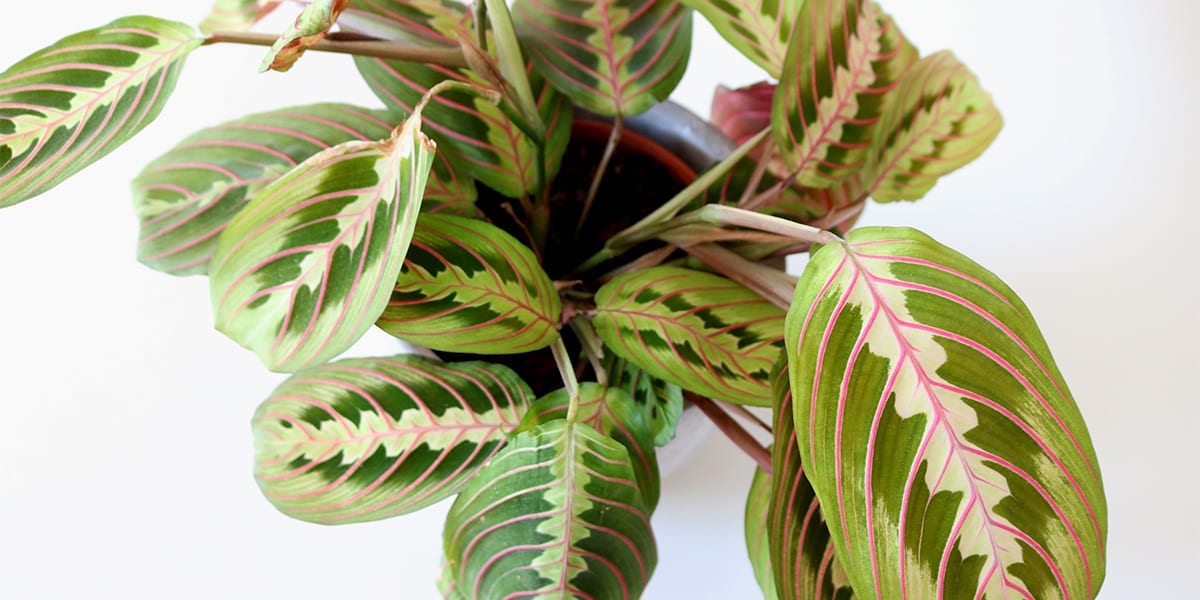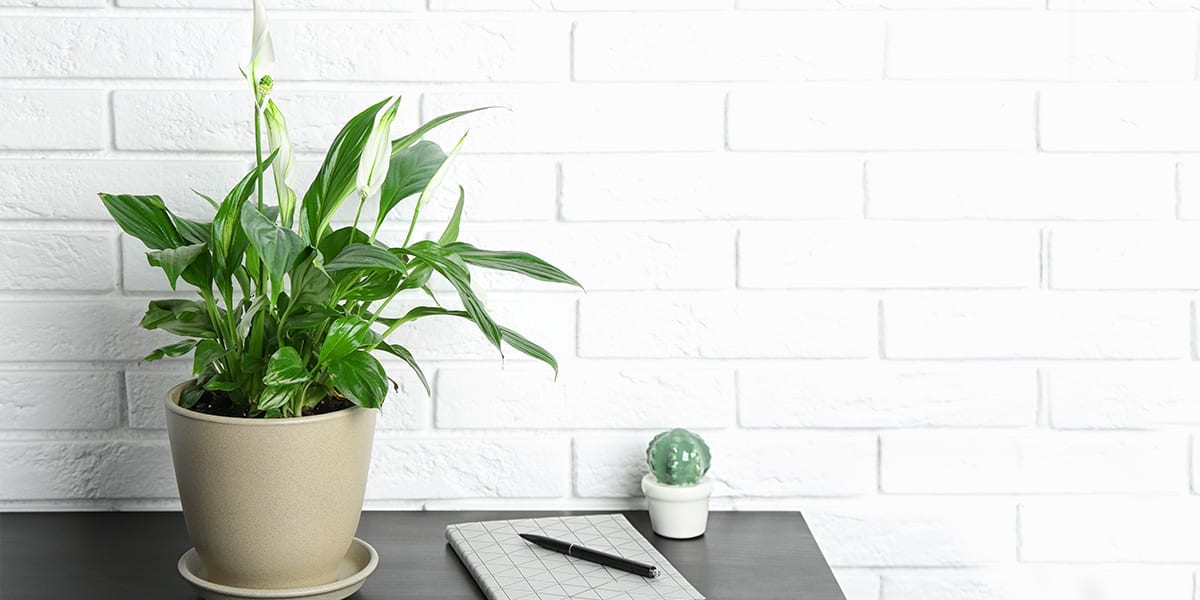As we move into the New Year, there’s another annual celebration just around the corner—Chinese New Year! In 2025, we welcome the Year of the Snake, the sixth sign in the twelve-year Chinese zodiac cycle. According to Chinese tradition, individuals born in the Year of the Snake are known for their intelligence, charm, intuition, and determination. They are also celebrated for their calm demeanor and ability to adapt to challenging situations with grace.
The Snake is associated with wisdom, transformation, and a deep connection to intuition. In Chinese culture, the Year of the Snake is seen as a time for strategic planning, personal growth, and shedding old habits to make way for new opportunities. Snakes are often drawn to tranquil environments, making them an ideal symbol for creating a harmonious home space.
Snake plants, with their upright leaves symbolizing strength and resilience, are a perfect choice. Peace lilies represent tranquility and balance, while jade plants symbolize prosperity and growth. Each plant brings its own unique energy, helping you embrace the spirit of the Year of the Snake throughout 2025. Whether you were born in the Year of the Snake or not, these qualities offer valuable inspiration for the year ahead. To help you channel the wisdom and resilience of the Snake, consider bringing some vibrant new houseplants into your home.
Chinese Money Tree (Pachira aquatica)
The nickname of this tree is a strong hint toward the symbolism attached to it! Traditionally, this unique bonsai tree is associated with wealth and prosperity. According to feng shui principles, the five-lobed leaves are symbols of good fortune. It’s common for families who celebrate Chinese New Year to gift Chinese Money Tree to friends and family in hopes that it will bring them good health and greater wealth. So, if this is the year you plan to tighten your belt, start investing, or start a new business, keeping a Chinese Money Tree in your home can serve as a great reminder of your goal!

Lucky Bamboo (Dracaena sanderiana)
Contrary to its name and appearance, Lucky Bamboo is not bamboo at all, but instead a variety of dracaena. However, while it isn’t bamboo, this plant is considered very lucky in Chinese culture! You may have seen Lucky Bamboo in stores shaped into various ornate arrangements, but you may not know that the number of stalks in the arrangements is significant to what kind of “luck” their owners might experience. For instance, a two-stalk arrangement is for love, whereas a three-stalk arrangement signifies happiness, wealth, and long life. If you resolve to embrace your inner Rat zodiac and become a harder worker this year, opt for an eight-stalk arrangement, which represents growth.

Prayer Plant (Maranta leuconeura)
Prayer Plant is a stunning specimen to add to any houseplant collection, but to some, its symbolism is also deeply meaningful. Many of us here in the West gravitate toward the Prayer Plant because of its vibrant, variegated leaves with contrasting pink veining and peculiar tendency to move its foliage throughout the day. However, to those who follow feng shui principles, this plant represents finding new guidance after feeling lost or having experienced hardship. If this resonates with you, this plant may help you find a stronger sense of confidence and positivity.
Orchids (Orchidaceae)
The popularity of Orchids as a houseplant has exploded over the past decade, but these graceful flowers have had a place in Chinese culture since the Confucian era. Strongly associated with strength of character, excellent academic work ethic, and integrity, these long-blooming flowers are an appropriate addition to a quiet home office or dormitory. With their broad leaves, solitary arching stem, and wing-shaped blooms, these elegant plants also enhance the character of the room!

Peace Lily (Spathiphyllum)
The Peace Lily has an abundance of fabulous qualities, including its fragrant white blooms, glossy dark green foliage, and effectiveness at improving air quality. According to feng shui, however, the Peace Lily is also a powerful force for harmonizing the energy in the home. Some believe these plants cleanse the home of negative energy left behind by previous occupants and replace it with spiritually-cleansing positive vibes. If this year is all about leaving negativity behind and striving to become your best self, bringing home a Peace Lily is a great first step.
Bonsai (Multiple varieties)
Bonsai, or pun-Tsai in Chinese, is an ancient art form that involves masterfully pruning a tree sapling over time to become a fully mature tree on a miniature scale. Growing and grooming a tree in bonsai style is a long-term project that involves an intimate understanding of the art form. The art of bonsai originated in China but spread to Japan, where Buddhists see the trees as a symbol of harmony between man, nature, and soul. However, because creating a beautiful bonsai is such a painstaking process that takes years to perfect, we also see them as monuments to diligence in one’s work.
If you could use a little extra wealth, motivation, and positivity in your life this decade, welcome these symbolic plants into your home! Along with their individual benefits, each of these plants are easy to care for and excellent choices for houseplant beginners. Start your new year with some greenery on your shelves, and with any luck, you might end the year with some extra “greenery” in your wallet!
ADDITIONAL INFORMATION:
Watering Tips for Indoor Plants
How to Choose the Perfect Pot
Platt Hill Nursery is Chicago premier garden center and nursery.


